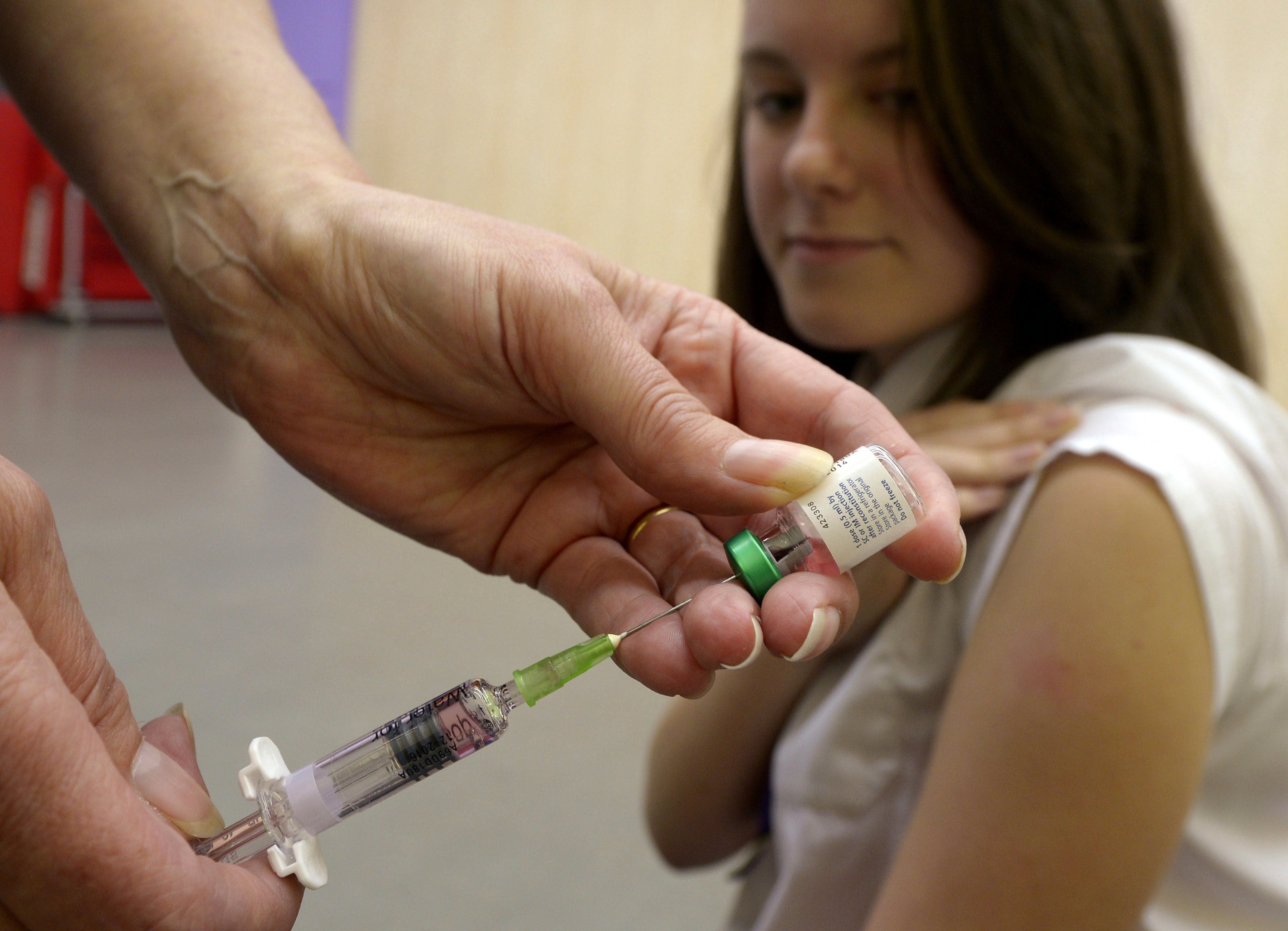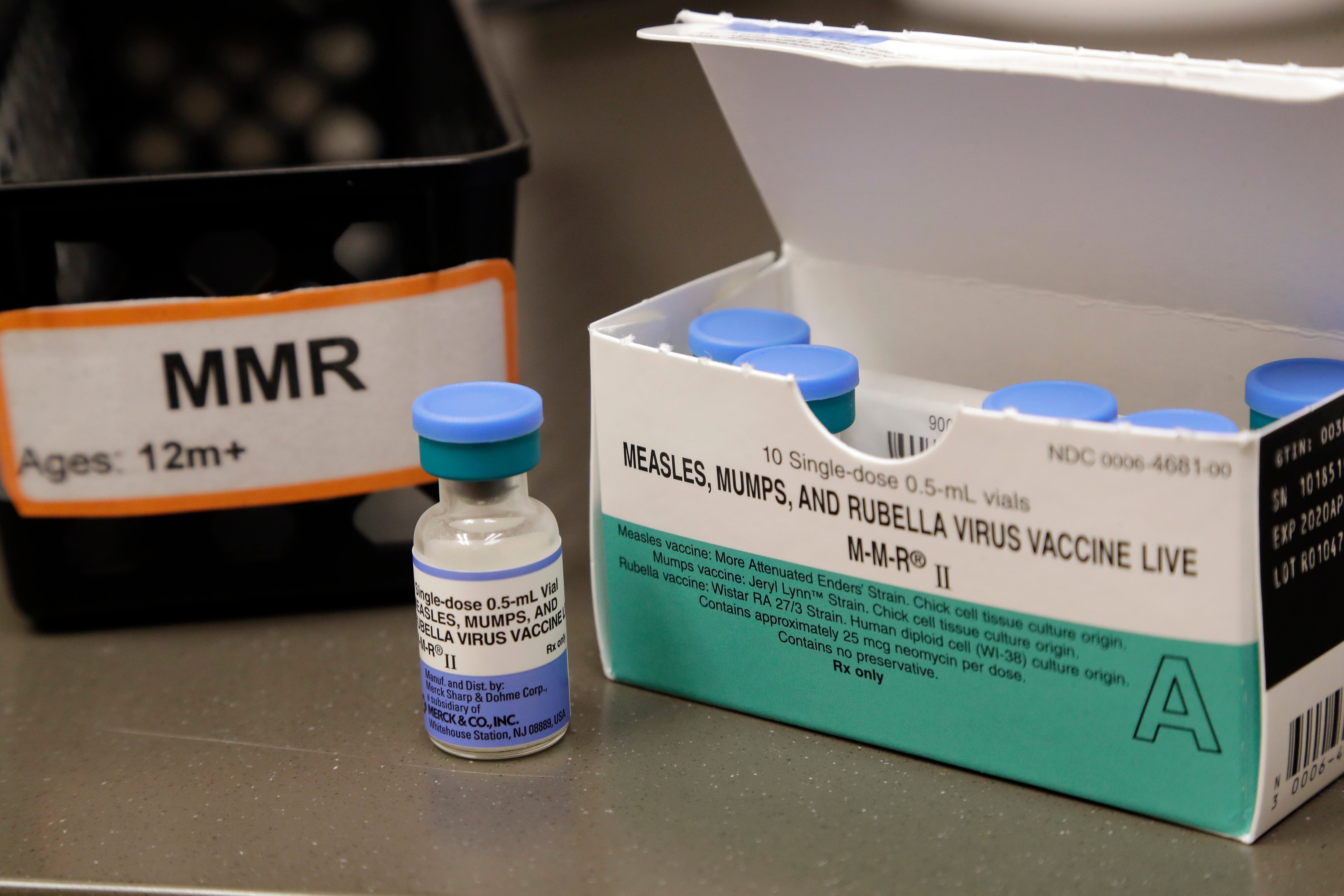Five measles symptoms to watch out for as health chiefs warn of fresh outbreak
Warning of up to 160,000 cases in London if vaccine uptake does not pick up

Measles vaccination rates must improve in order to avert up to 160,000 cases in London, the UK Health Security Agency has warned.
The alert issued on Friday comes after the World Health Organisation earlier warned of a possible childhood measles “epidemic” as vaccination rates have decreased across the board.
The UK security agency said there have been 128 cases of measles between January and June 2023 and that 66 of these were in London. This compares to 54 cases in the whole of 2022 for all parts of the country.
“Assessment finds the risk of a measles epidemic across the UK is considered low,” a statement added.
“However, with lower current levels of coverage in London, a measles outbreak of between 40,000 and 160,000 cases could occur in the capital.”
Assessments also found a high risk of cases linked to overseas travel which have led to outbreaks in young people and unvaccinated communities.
The WHO previously found that the number of children under the age of two receiving the first dose of the MMR (measles, mumps and rubella) vaccine has fallen to 90 per cent since 2019, a five-point drop since the start of the pandemic. The percentage of children receiving the full two-dose vaccine fell to 85 per cent.
With measles, knowing the symptoms of the highly-contagious viral infection can help prepare for an outbreak within a family or social group.
But the NHS has warned that it’s unlikely to be measles if a person showing symptoms has had both doses of the MMR vaccine or has had measles before. In any case, it’s advised to seek medical help.

What are the early symptoms?
- High body temperature
- Runny or blocked nose
- Coughing and/or sneezing
- Sore and red watery eyes
And then what happens next?
Some days later, small white spots are likely to appear inside the mouth – on the inside of the cheeks or lips.
A blotchy rash with raised bumps, that’s usually not itchy, is expected to appear on the skin all over the body.
How long does the illness last?
It takes about a week for measles symptoms to ease.
What does the NHS advise for treatment?
The NHS advises those who have contracted measles to see a GP and to take plenty of rest and water.
Paracetamol or ibuprofen can be taken to relieve a high temperature, it adds – warning that under-16s should not take aspirin.
The NHS advises people with measles to avoid nursery, school or work for at least four days from when the rash first appears.
Infected people are also urged to avoid close contact with babies, pregnant women, or those with weakened immune systems.
Join our commenting forum
Join thought-provoking conversations, follow other Independent readers and see their replies
Comments


Bookmark popover
Removed from bookmarks